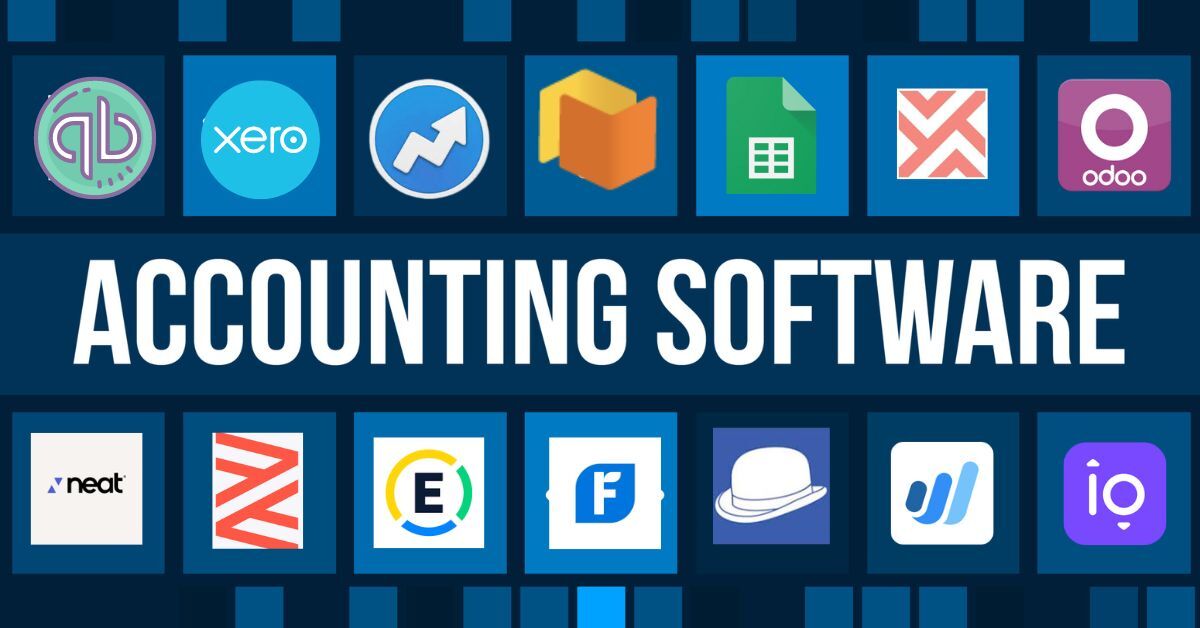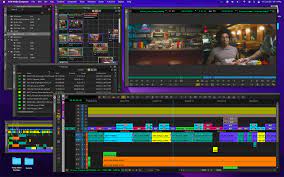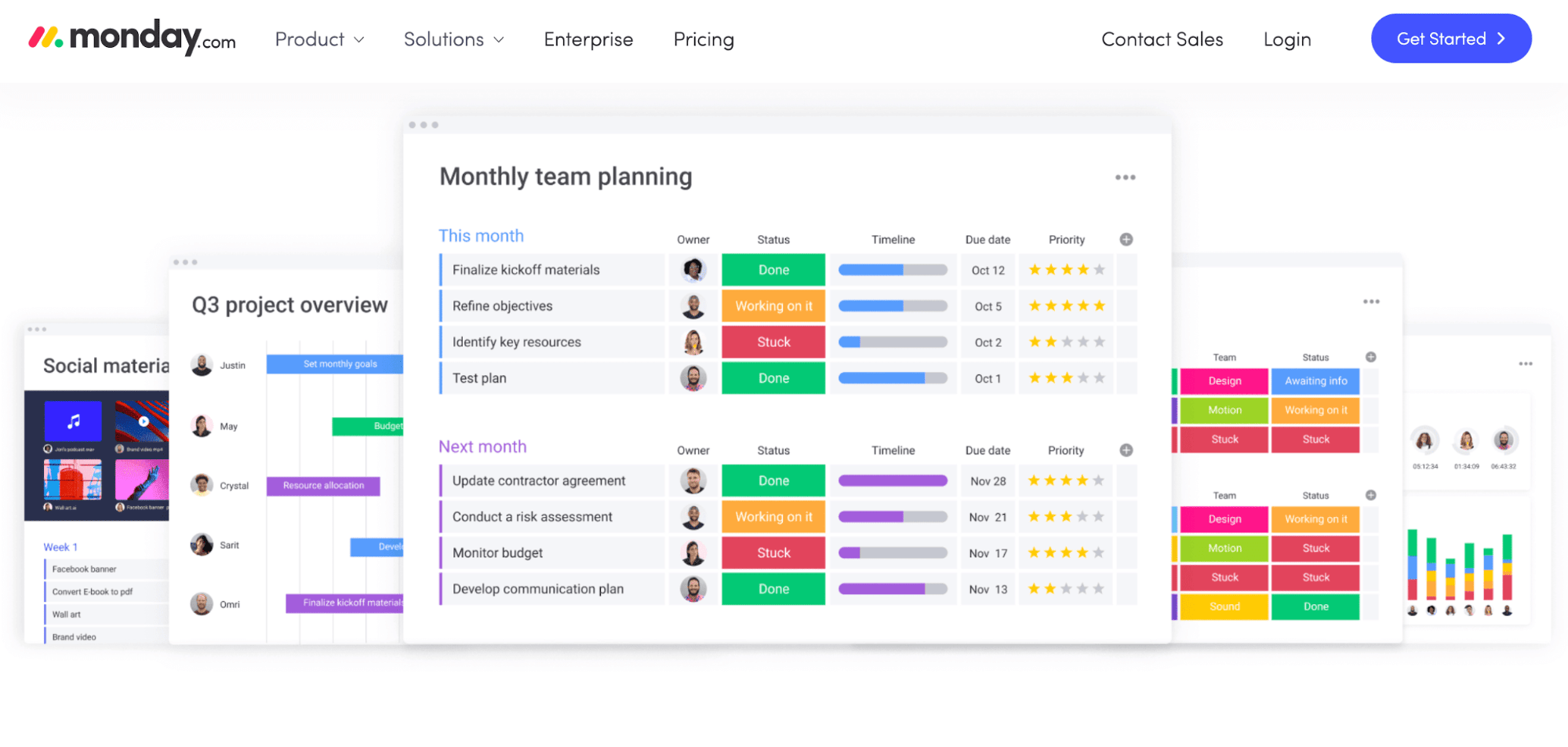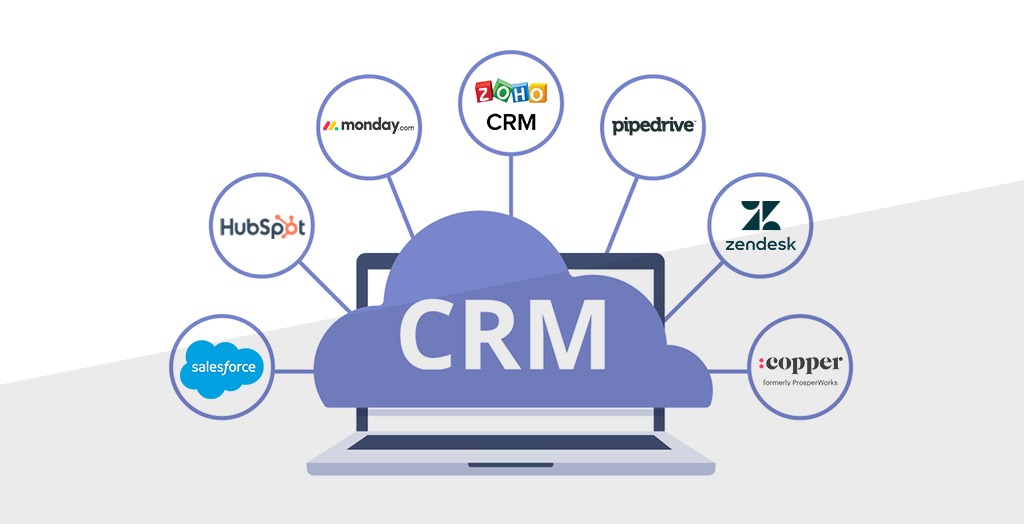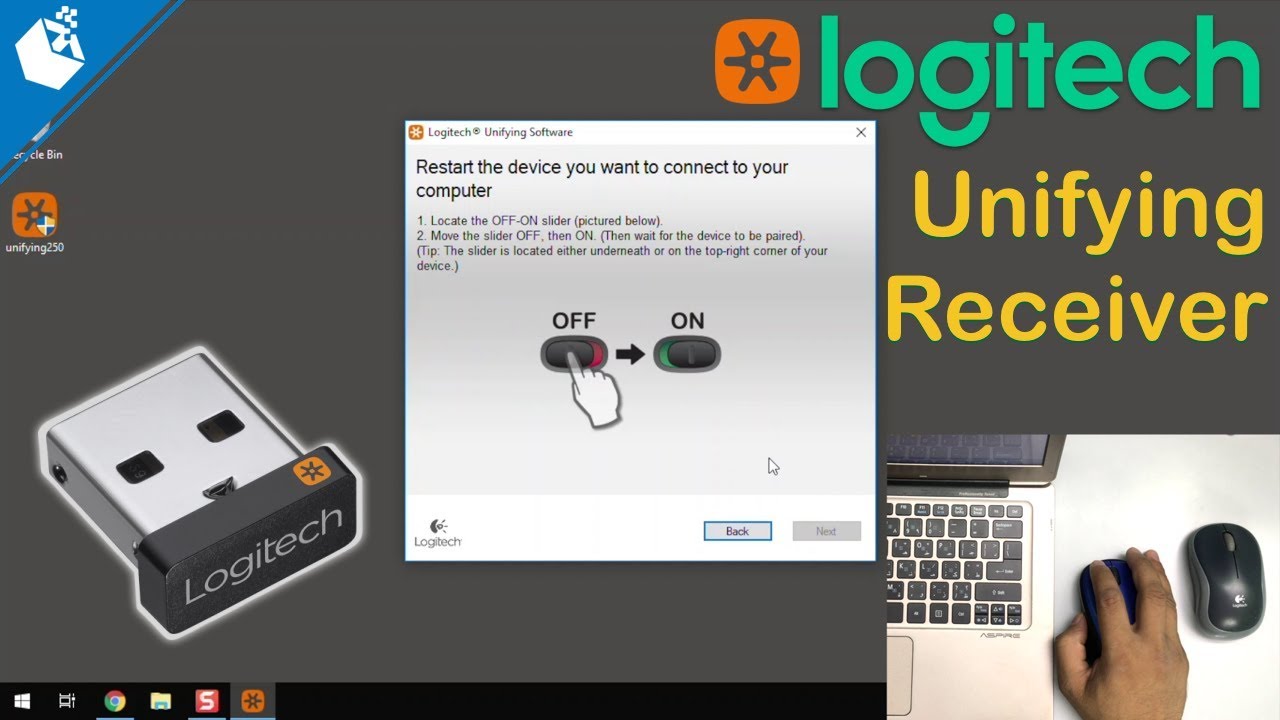Accounting software is needed to manage money entering and leaving your company’s accounts because managing finances is complicated. You can save time entering data into quality programs with numerous methods. Accounting software makes invoicing, documenting payments, and following up on past-due receivables easier and faster, depending on the program.
Software sophistication varies by vendor. Some systems only allow you to record what’s coming in and going out, but others automate daily data transfers through a bank feed, reconciliation, and regular invoicing.
What’s accounting software?
Accounting software helps you track and analyze your company’s finances. It lets you record transactions, generate reports, manage customer and vendor connections, create purchase orders, maintain stock, bill customers, and check account balances.
“Using an accounting package will help organize your records and ‘force’ you into a systematic structure,” Houlihan Valuation Advisors senior director Ken Stalcup told business.com. “That will put the company’s finances into a system that can report financial results and help with taxes.”
Why use bookkeeping software?
Companies save time and avoid errors with accounting software.
“The main benefit of modern accounting software is efficiency,” stated Spendesk CFO Fabien Dawidowicz. Your transaction data is in one location, so you don’t have to copy and paste. You can track business spending and revenue effortlessly and always know where to find it.”
Use the bank feed feature to connect the software to your corporate bank and credit card accounts for automated data entry. With this, your transactions are updated daily. Most accounting software has a dashboard that displays key information in real-time.
The software can generate profit and loss statements, balance sheets, and other financial reports to attract investors. You can also compare transaction activity or statements from previous months and years to your current ones to examine your business’s growth, sales trends, and other vital indicators to make informed business decisions for the future.
Accounting software lets you organize spending, plan, and pay bills online by cheque, credit card, or cash. This will help you track transactions and manage cash flow.
The software lets you record cash and check payments, make bills, and send past-due alerts.
Accounting software automates arduous and repetitive operations, improving data accuracy and bookkeeping efficiency. With cloud software, you can do your accounting anywhere with a signal.
Benefits of accounting software?
Accounting software goes beyond necessity. It has many functions to streamline your business. Here are some ways accounting software can help your business, from automating bills to managing cash flow.
Keep your finances under control: Running a business requires more formal financial management than managing personal finances on the go. Pen pap, er, and spreadsheets are fine, but accounting software provides more insight. Accounting software centralizes financial data. It gives you a real-time financial picture of your firm.
• Automated invoices: Ensure timely billing for cash flow and business growth. Collecting may be difficult the longer you wait. Many top accounting software systems automate invoicing. Set up recurring bills, issue reminders, and take digital payments from them. You may track delinquent invoices and provide early payment discounts.
• Track small company expenses: Cash is king. Mistracking business costs is a common accounting issue, and you don’t want a cash flow shortage due to misaligned spending. Automation of spending tracking in accounting software can prevent that. The software lets you scan and record receipts, mileage, and client expenses.
• Reconcile bank statements: Bank account integration is a key component of software. It lets you view bank statements in software. Automate bank transaction matching and reconciliation.
• Maintains IRS compliance: Small firms have challenges in filing taxes. Accounting software simplifies. Tax forms and sales tax calculations are automated in many of the best accounting software applications.
• Reporting and analysis: Accounting software integrates with POS, CRM, and other business programs to gather data for analysis. This provides profound business information. Reporting tools in most software make data analysis and performance tracking easy.
What are the features of accounting software?
After learning what accounting software is and why you should use it, you should know what tools and features to look for when choosing a system. Most online accounting software has accounts receivable, accounts payable, banking, and reporting tools and uses double-entry accounting for accuracy. Some offer inventory, project, time, and payroll tools only in higher-tier plans or add-ons. Accounting software has these components.
• Accounts receivable: Accounting software should manage invoices and customer accounts receivable (A/R). Here are some key A/R features.
At a minimum, accounting software should be able to process invoices. You must know who, how much, and when to expect payment. All accounting systems print invoices; most email them. Your system should store customers’ names, addresses, account numbers, and terms. Most modern software remembers your normal pricing for many items and services.
• Automated invoicing: Avoid revenue delays due to missed invoices. Automatic statements and late reminders make software your collection department, reminding consumers to pay.
Payment processing
Customers can pay online by pressing a button on their electronic invoice in many accounting systems. The vendor benefits from speedier processing, less staff time spent on check and bank deposit processing, and increased payment security. However, charges apply. Expect to pay credit card processing rates to process debit and credit card payments using your accounting system. Some systems allow ACH payments to be directly deposited into your checking account, which is great because you don’t have to wait for checks or go to the bank. This is cheaper than accepting card payments; however, there may be a cost.
Accounts payable
No one loves paying bills, yet businesses must check their debt. Different accounting systems handle outflows of funds. Some of the best accounts payable (A/P) features.
• Purchase orders: Software handles purchases and debts, but how it does so varies from simple orders to following quotations to purchase and payment.
• Credit memos from vendors: A business can easily lose track of vendor credits like rewards or returns. However, credit notes are as precious as cash, so tracking them reduces costs.
Many A/P modules can automate payment procedures, including scheduling bank payments, direct deposits, and check printing, preventing delays.
• IRS tax forms: A database of popular forms, such as 1099 and 1096, can save time. This is especially true if your accounting system can complete the paperwork and file it online with the IRS. Late fees can be avoided by paying taxes and filing documents electronically.
Payroll
Some accounting systems have sophisticated payroll modules that calculate hours, process wages, pay payroll taxes, and deduct 401(k)s. Here are the top software payroll features.
• Schedules of variable wages: Whether your employees are salaried or hourly, you need a way to compute their pay accurately. Many part-time or intermittent workers cause issues. Employees may be paid monthly, weekly, biweekly, or as needed. Your program should manage multiple pay schedules, compensation (commissions, wages, profit sharing, bonuses, etc.), and benefits (health insurance, retirement plans, and paid parking).
• Accounting software must allow direct deposit, as most consumers prefer immediate deposit of their wages into their bank accounts. Good software lets you schedule direct deposits.
• Automated tax computations covering basic deductions, advanced tax tables, and form printing. Check that the system tracks new hires, expenses, W-4s, and W-9s. Does it deposit federal taxes monthly and file Form 941 quarterly? Does it file W-2, W-3, Form 940, and 1099 annually? Will it file state income and unemployment tax returns? Can it calculate and pay workers’ comp?
• Expense reimbursements and deductions: Ensure timely payments for tax-deductible costs like travel and entertainment. Read More
